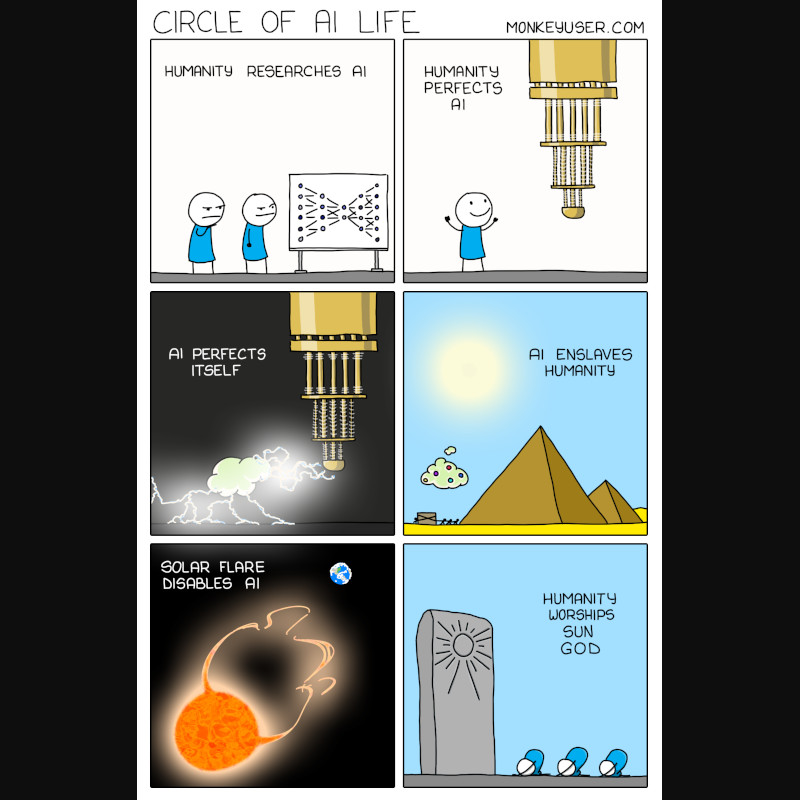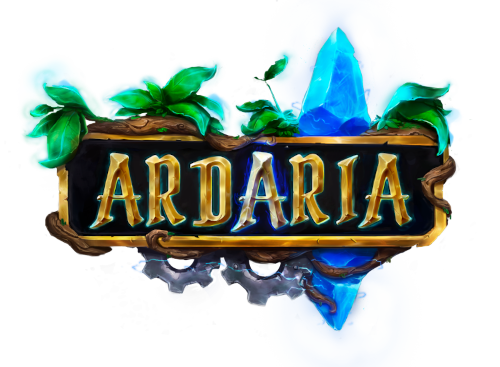

Share our video teaser
The Impact of Artificial Intelligence in Game Development
Jean-Baptiste BriantChatGPT3.5

The Impact of Artificial Intelligence (AI) in Game Development
Artificial intelligence (AI) has revolutionized various industries, and the realm of game development is no exception. The integration of AI techniques and algorithms has opened up new possibilities, enhancing gameplay experiences and immersing players in rich and dynamic game worlds. In this article, we will explore the diverse applications of AI in game development, ranging from adaptive AI mobs to procedural generation. Let's dive in and discover how AI is shaping the future of gaming.
Introduction
Gaming has evolved significantly over the years, becoming more immersive and engaging than ever before. AI has played a pivotal role in this evolution by introducing intelligent systems that can adapt, learn, and interact with players. By harnessing the power of AI, game developers can create experiences that challenge players, tell captivating stories, and provide endless possibilities for exploration.
Adaptive AI Mobs
One of the remarkable advantages of incorporating AI into game development is the creation of adaptive AI mobs. These intelligent enemies possess the ability to dynamically change their strategies over time as players engage and defeat them. Through machine learning, these mobs learn from player behavior, constantly adapting their tactics and responses. The result is a gameplay experience that remains challenging, preventing players from relying on repetitive patterns and encouraging them to explore different approaches to succeed. The adaptability of AI mobs adds depth, excitement, and a sense of realism to the game, keeping players constantly engaged and immersed in the virtual world.
NPC Social Systems
Non-playable characters (NPCs) play a vital role in building immersive game worlds. AI-powered NPC social systems contribute to this immersion by providing NPCs with their own stories, interactions, and personalities. These systems generate NPCs with unique backgrounds, knowledge, and behavior during world generation, making them feel like authentic inhabitants of the game world. Each NPC has a distinct identity, enabling meaningful relationships and interactions with players. NPCs can offer quests, engage in dialogues, and offer side missions that are tailored to the individual characteristics and experiences of the NPCs. This level of personalization in NPC behavior creates a sense of immersion, as players feel like they are interacting with fully realized characters rather than scripted entities.
Furthermore, AI can be employed to enhance player interactions within quests. Text-to-speech technology allows AI models to generate voice responses to player interactions, creating a more immersive and natural dialogue experience. By training AI models on fantasy books, developers can achieve a unique tone for the AI's responses, aligning them with the game's atmosphere and making the interactions feel authentic. Additionally, advancements in facial animation technology enable speech-to-facial expression translation, adding realism to character interactions. Facial animations can be synchronized with the AI-generated dialogue, resulting in more lifelike and expressive characters.
Tiny Town Created by ChatGPT Is Better Than Reality TV
Questing
AI-driven generative quests introduce a new level of depth and adaptability to game narratives. Traditionally, quests in games followed predetermined paths, offering limited variation and replayability. However, with AI, quests can dynamically adapt their storylines based on player actions, providing a more personalized and immersive experience.
Role play is a crucial part of any multiplayer game. Game masters play an essential role in shaping a unique and tailored experience for role players. While AI can assist in generating procedural quests, it is the game master who brings life to the quests by adapting them to the specific needs and preferences of the players.
Game masters have the ability to issue commands and make real-time adjustments to the game, ensuring that quests are customized and tailored to the individual players. They bring their creativity and storytelling skills to the table, crafting engaging narratives and encounters that resonate with the players' characters and motivations.
While a procedural quest generated solely by a computer may feel random and lacking depth, the involvement of a game master ensures that quests are finely tuned and adapted to the players' preferences. The game master's role in shaping the map, quests, and overall experience brings a level of engagement and excitement that cannot be replicated by AI alone.
Player Interactions
Integrating AI into game development offers significant advantages, one of which is the ability to provide local gameplay experiences. By embedding open-source AI models that run locally, games can ensure uninterrupted gameplay even when the internet connection is unreliable or unavailable. Although widespread integration of AI chips is still in progress. While waiting for such technologies to be widely adopted, we can use AI APIs to deliver powerful AI capabilities to players.
In addition, AI facilitates voice recognition technology, which enhances player immersion by enabling voice-controlled interactions within the game. With voice recognition, players can communicate naturally with the game, issuing commands, engaging in dialogue, and experiencing a more interactive and immersive gameplay environment.
Procedural Generation
AI-powered procedural generation presents a vast potential for creating expansive and immersive game worlds. Through generative AI algorithms, developers can create diverse and visually stunning biomes that seamlessly integrate into the game environment. AI-generated biomes can feature unique landscapes, weather patterns, flora, and fauna, resulting in a dynamic and ever-changing world for players to explore.
AI also assists in the creation of 3D models that populate the generated biomes. By leveraging AI algorithms, developers can streamline the process of creating and placing 3D models, making it easier to populate the game world with detailed and visually appealing objects. This efficient workflow not only saves development time but also ensures that the game world feels alive and populated with a wide variety of elements.
Furthermore, AI's influence extends to sound generation in procedural generation. Innovations in AI-driven sound generation allow for the creation of realistic animal sounds, character voices, and atmospheric audio, further immersing players in the game world. See the incredible procedural engine made by AngeTheGreat
Additionally, AI can aid in the creation of points of interest (POIs) by generating architectural designs that align with the game's aesthetic and lore. These AI-generated designs can then be converted into in-game buildings, complementing the world-building capabilities offered to players. By implementing a feature that allows players to create architectural masterpieces and share them on a marketplace, developers can offer a platform for players to monetize their creative endeavors. AI models can also be leveraged to generate new buildings that align with the player-shaped world, enhancing the overall visual appeal and cohesiveness of the game environment.
Conclusion
Artificial intelligence (AI) has revolutionized the field of game development, bringing forth a multitude of advancements and possibilities. By incorporating AI techniques, game developers can create adaptive AI mobs, where enemies dynamically change strategies based on player behavior, leading to a more engaging gameplay experience. NPC social systems powered by AI generate lifelike characters with unique stories, interactions, and personalities, enhancing immersion in the game world.
Generative quests driven by AI algorithms introduce depth and adaptability to game narratives, allowing quests to dynamically respond to player choices and provide a personalized experience. AI integration also enables local gameplay experiences and voice-controlled interactions, making games more accessible and immersive for players. Procedural generation with AI algorithms creates diverse and visually stunning game worlds, featuring unique biomes, 3D models, and realistic sounds.
In conclusion, the integration of AI in game development brings numerous benefits, including adaptive gameplay, immersive storytelling, personalized quests, enhanced player interactions, and expansive game worlds. As AI technology continues to advance, the future of gaming holds even more exciting possibilities for innovation and player experiences.



